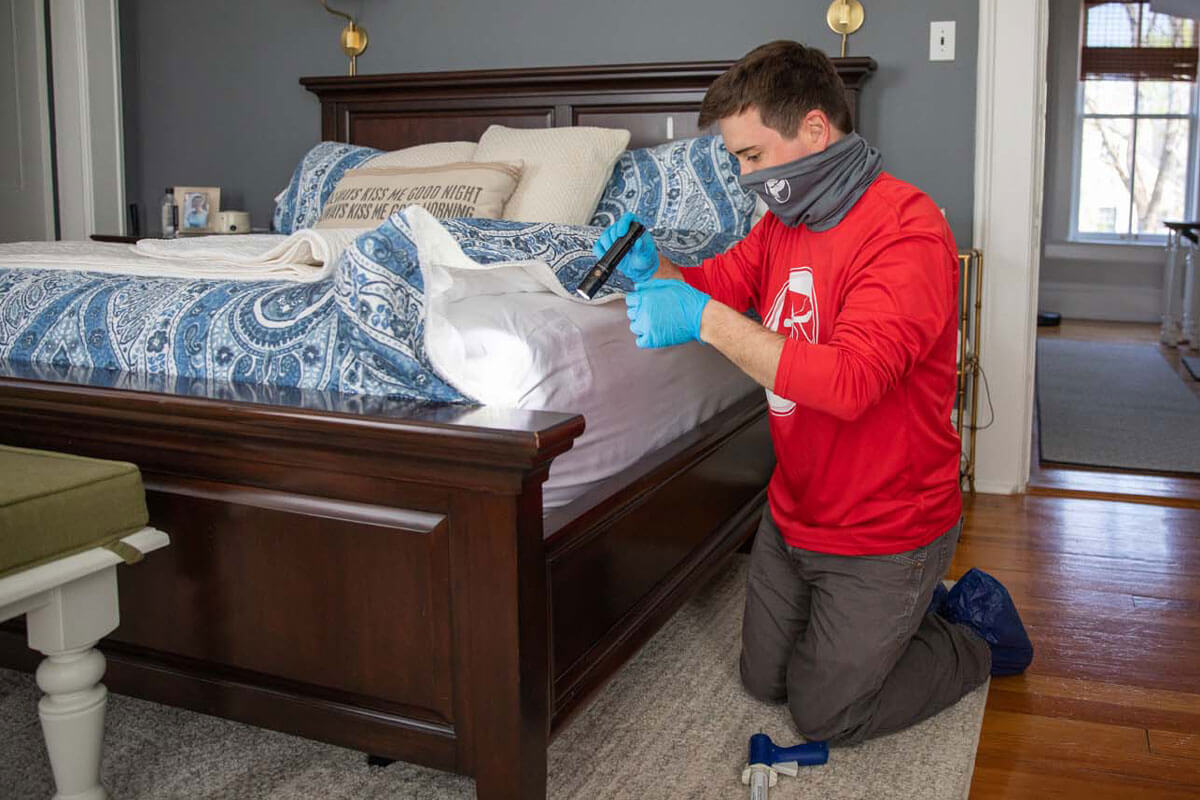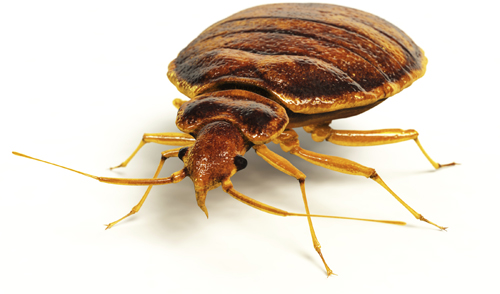A Failure of the Different Sorts Of Parasite Control Solutions
In the realm of bug control, a wide range of approaches exist to combat the visibility and address of undesirable creatures. From the traditional use of chemical pesticides to much more ingenious organic control services, each technique offers distinct advantages and restrictions. As we navigate through the diverse landscape of bug control options, comprehending the details of each approach ends up being extremely important in establishing the most effective strategy. Keep tuned as we explore the nuanced world of parasite control techniques and find just how each type plays an one-of-a-kind role in guarding our environments.
Chemical Pesticides
Chemical chemicals are commonly used in insect control to effectively remove a variety of insects and other parasites. These chemicals function by targeting the nerve system of the bugs, interrupting their typical features, and eventually causing their death. Making use of chemical pesticides has been a staple in the pest control sector for years due to their effectiveness and fast results.

Nonetheless, it is vital to make use of chemical pesticides with care because of their prospective unsafe effects on the atmosphere and non-target types. Improper application or overuse of these chemicals can bring about air pollution, injury to valuable pests, and resistance development in parasite populaces. It is essential to comply with security guidelines and policies when utilizing chemical pesticides for bug control.
Biological Control Methods
Taking into consideration the possible ecological influences and risks related to chemical pesticides, organic control approaches offer a more sustainable technique to handling insect populaces. Organic control involves making use of all-natural opponents, such as bloodsuckers, predators, and pathogens, to suppress parasite populaces. This approach is often much more targeted, impacting just the certain bug species while lessening damage to advantageous insects, human beings, and the setting.

One benefit of organic control is its lasting performance. When developed, all-natural opponents can help regulate pest populations constantly without the demand for duplicated applications of chemicals. Additionally, biological control is usually extra economical and can aid decrease chemical resistance in bug populaces gradually. Overall, organic control techniques provide a eco friendly and lasting remedy to pest management.

Mechanical Bug Control
Mechanical pest control entails the physical manipulation or elimination of parasites to manage their populaces efficiently. This approach is typically utilized combined with other insect control methods for detailed parasite monitoring. One typical example of mechanical pest control is using catches to record rodents or bugs. These catches can be set up in calculated places where insects are recognized to dwell, aiding to decrease their numbers.
Another mechanical strategy is making use of obstacles such as webs, fences, or displays to block insects from entering specific locations. By physically avoiding insects from accessing an area, the likelihood of problems or damages can be considerably decreased. In addition, manual methods like handpicking parasites off frameworks or plants can be effective for smaller-scale invasions.
While mechanical bug control methods can be labor-intensive, they use a non-chemical alternative that can be sustainable and ecologically pleasant. By targeting parasites straight, mechanical control techniques can aid keep pest populations in check without counting on pesticides.
Natural Remedies
Making use of all-natural solutions for insect control uses a sustainable and eco-friendly strategy to handling pest populations without turning to chemical interventions. Natural remedies include using substances originated from plants, minerals, or various other naturally happening sources to deter or remove insects. For circumstances, growing particular herbs like basil, mint, or lavender around your property can fend off insects as a result of their strong aromas. Diatomaceous earth, a powder made from fossilized algae, can be utilized to combat pests like ants, roaches, and bed insects by dehydrating their exoskeletons.
Additionally, necessary oils such as tea tree oil or neem oil have insecticidal homes that can efficiently manage pests while being risk-free for the atmosphere. One more all-natural solution is introducing advantageous insects like ladybugs or hoping mantises to your garden to exploit hazardous bugs. By integrating these all-natural solutions right into insect management techniques, individuals can reduce their reliance on synthetic chemicals and advertise a much healthier, much more well balanced environment.
Integrated Parasite Management
Integrated Bug Administration (IPM) is an extensive strategy look at this site that combines numerous methods to successfully regulate pest populaces while reducing risks to human health and the atmosphere. IPM involves the assimilation of numerous insect control techniques such as biological control, habitat adjustment, adjustment of cultural techniques, and the use of immune plant varieties. By site link utilizing a combination of these strategies, IPM intends to lower reliance on chemical pesticides, which can have adverse influence on environments and human health.
One key facet of IPM is the emphasis on prevention. By implementing procedures to avoid bug invasions prior to they take place, such as keeping appropriate cleanliness and sealing access factors, the need for responsive pest control actions is lessened. Tracking and routine assessments play a critical function in IPM, enabling very early discovery of bug problems and punctual treatment.
Conclusion
In final thought, the various kinds of bug control services supply an array of options for successfully handling parasite problems. Biological control approaches use natural predators to control parasites. Integrated Bug Monitoring combines several strategies for an alternative strategy to pest control.
Chemical chemicals are commonly utilized in bug control to effectively get rid of a large array of insects and various other insects.Mechanical parasite control includes the physical adjustment or elimination of bugs to manage their populations efficiently (Kings pest control Cincinnati Ohio).Utilizing natural remedies for pest control offers a lasting and environmentally friendly strategy to taking care of parasite populations without resorting to chemical interventions.Integrated Parasite Management (IPM) is an extensive approach that incorporates various strategies to effectively regulate pest populations while reducing dangers to human wellness and the atmosphere.In conclusion, the numerous types of effective pest control pest control services supply a range of choices for efficiently taking care of pest infestations
Comments on “Trusted Kings Pest Control Cincinnati OH: Specialist Services”